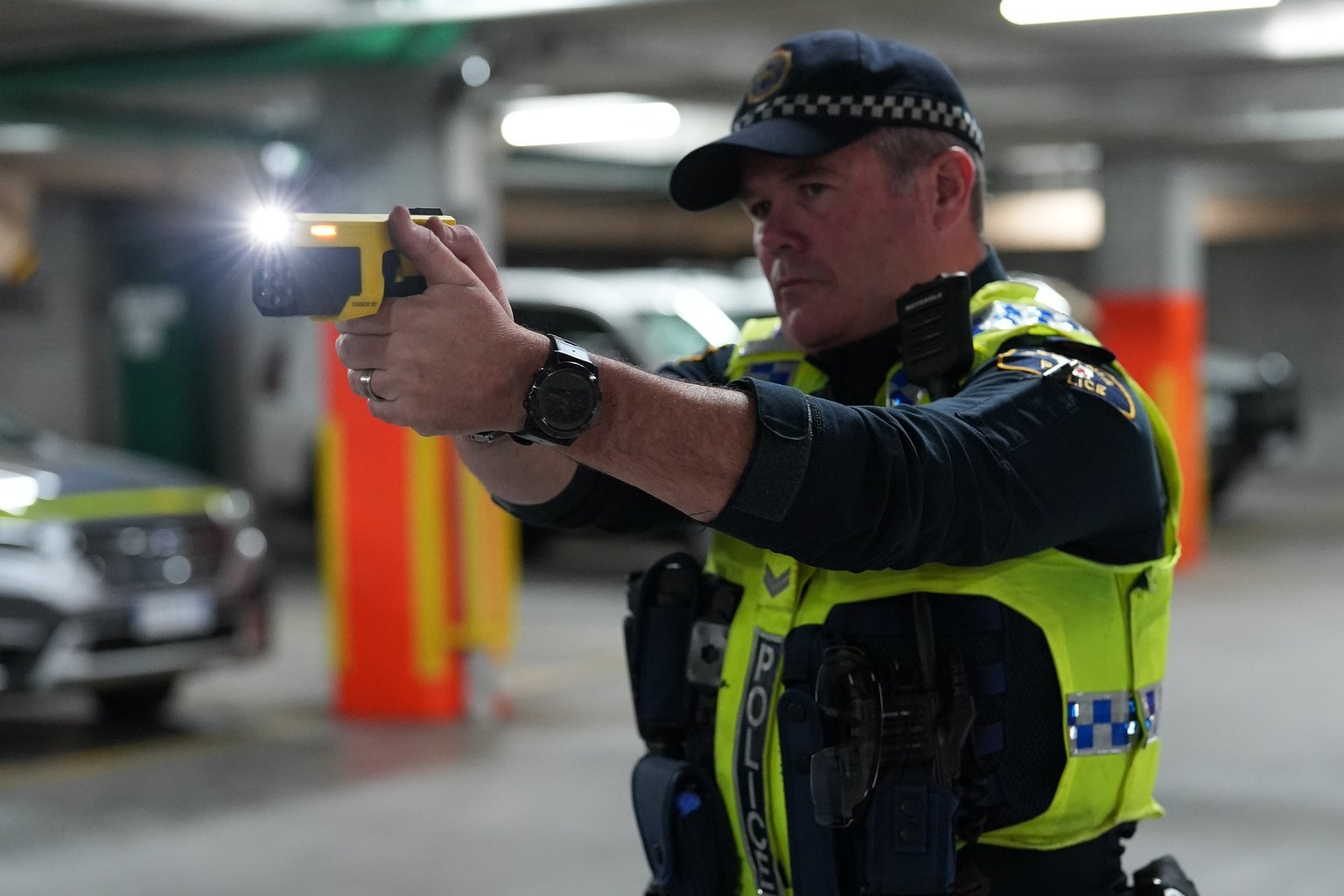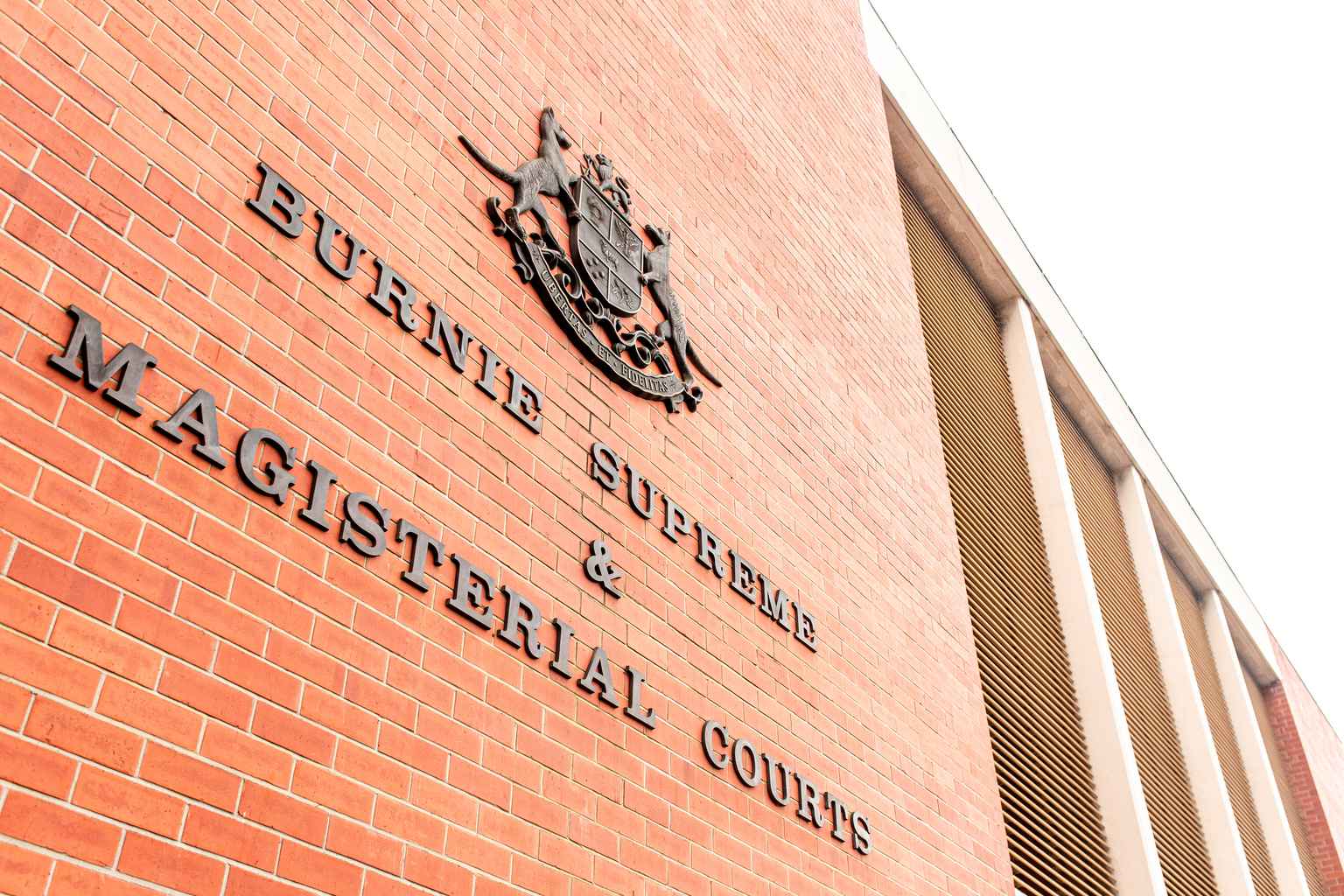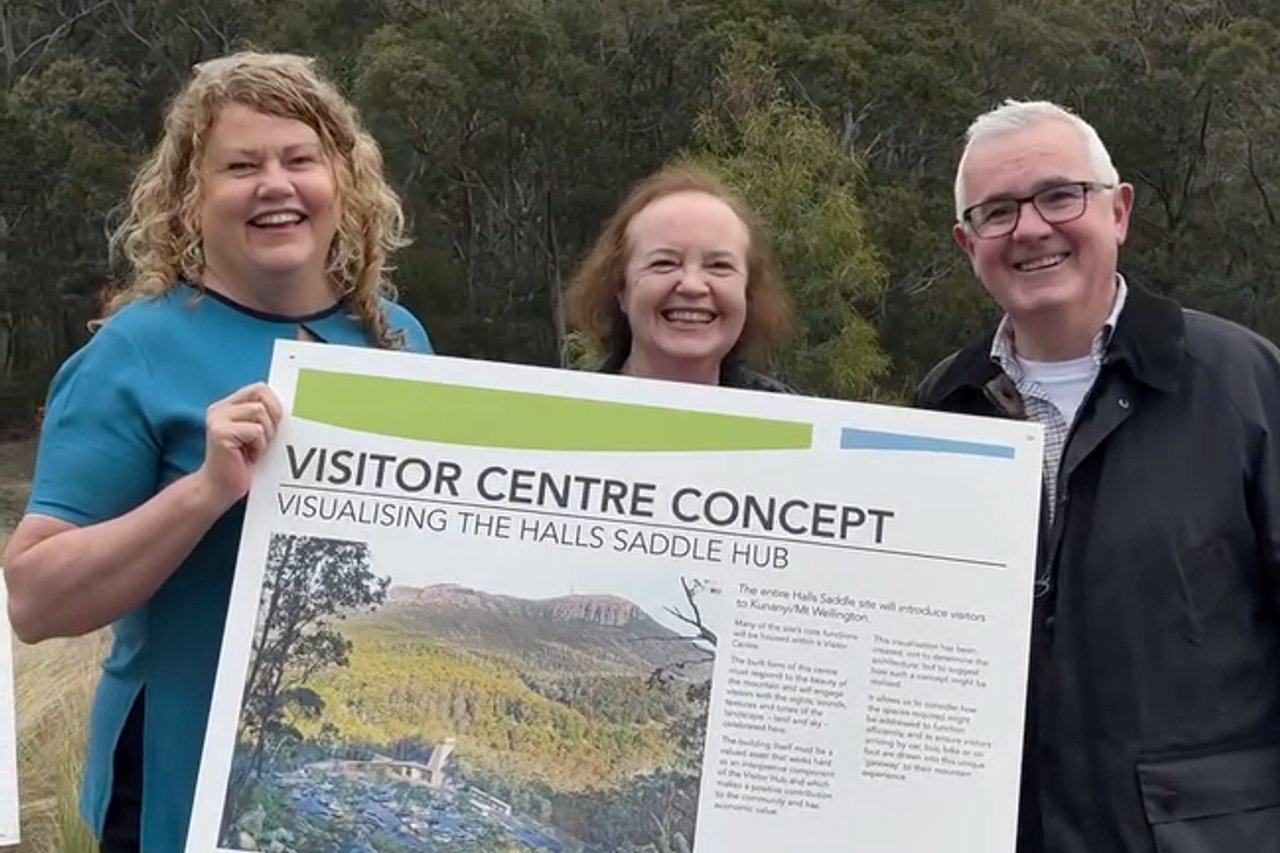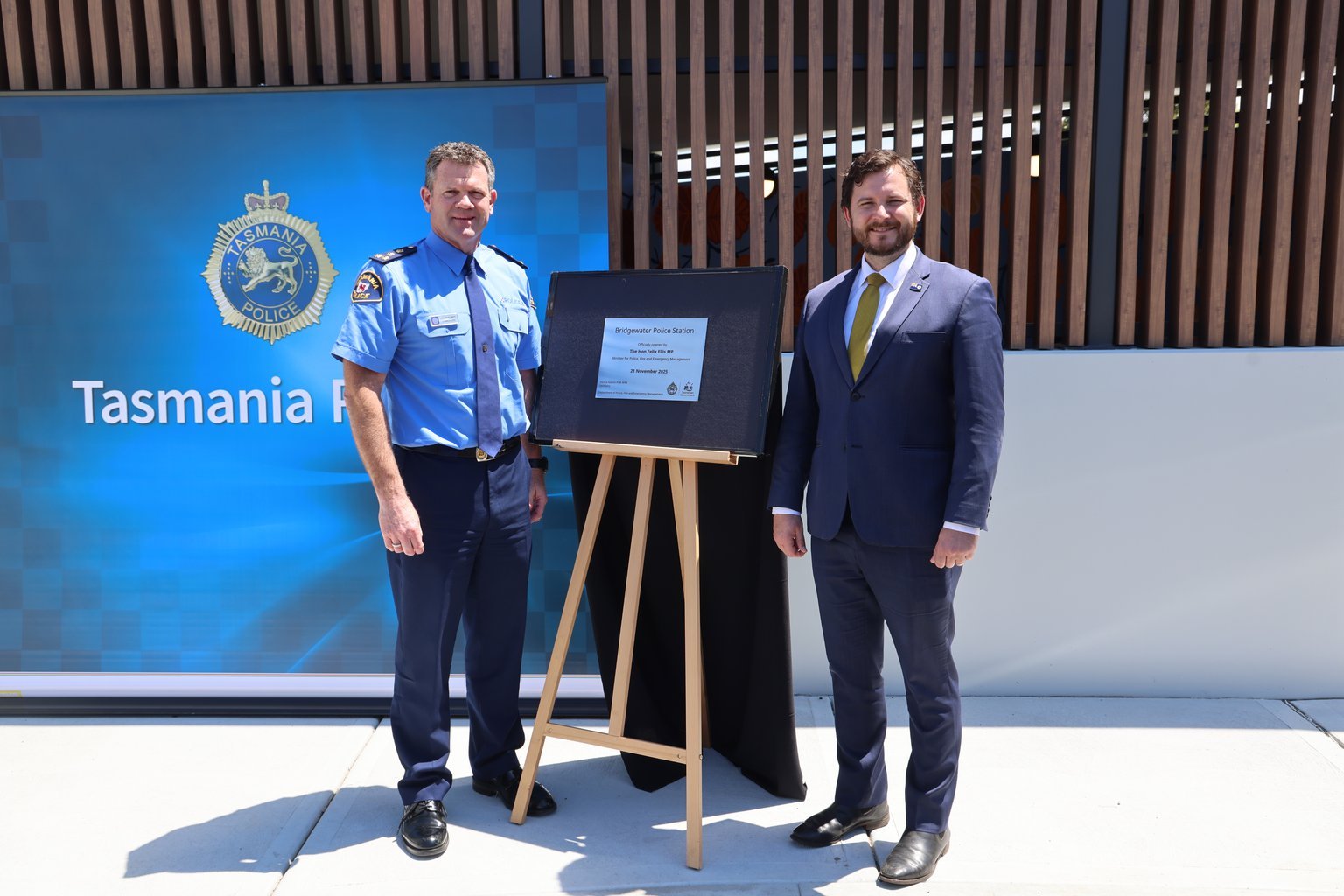The question of whether pill testing should be legal in Tasmania has returned to parliament, with the Greens pushing for drug checking services the Liberal government continues to oppose.
The debate comes as Victoria this week opened its first permanent pill testing site and after the Royal Australian College of General Practitioners last week warned new synthetic drugs were being detected in Tasmania.
Greens MP Helen Burnet told parliament pill testing was “an easy win” for the government that would “undoubtedly save lives” without the need for new legislation.
“Evidence points [out that] pill testing works and we’ve seen that in the ACT. Around a third of those who found their drugs contained unexpected substances chose to safely dispose of them and not take the risk,” she said.
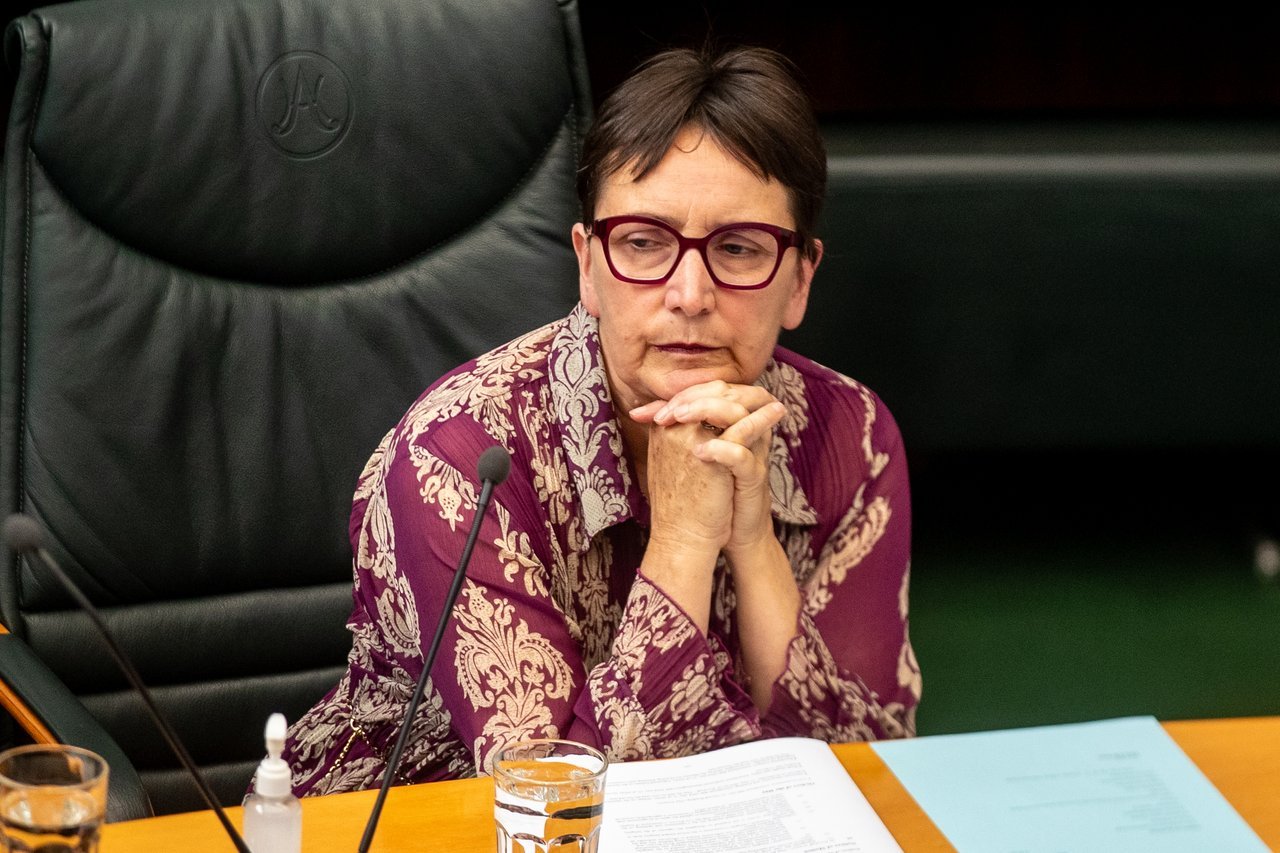
But Health Minister Bridget Archer again rejected the proposal, citing liability concerns and the risk of giving drug users a false sense of security.
“When it comes to pill testing, we also need to consider all aspects of a pill testing program and we know, for example, that pill testing at festivals increases liability for festival organisers.,” Archer said.
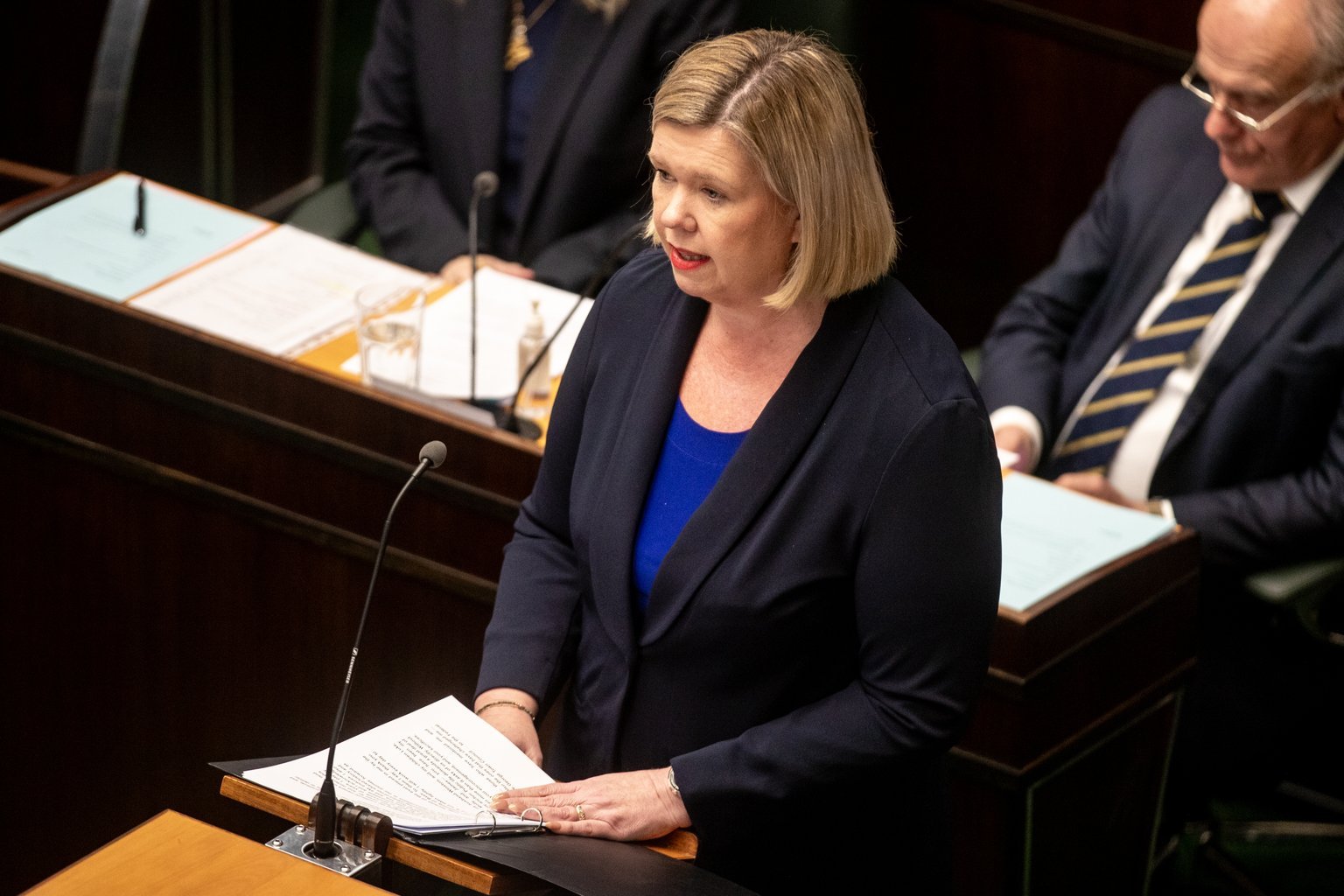
“They’re illicit drugs for a reason. Even if a pill is tested and demonstrated to be clean, it doesn’t guarantee that the individual who consumes the drug will not be harmed.”
“Pill testing services could leave consumers with a false sense of security that the party drugs that they buy might be safe when this may not be the case.”
Archer instead pointed to the government’s latest drug strategy and existing harm reduction measures such as naloxone distribution and needle exchange programs.
Labor MP Ella Haddad, drawing on her background in the alcohol and drug sector, backed pill testing as a health-led response rather than a criminal justice matter.

“It isn’t about sanctioning drug use. It certainly isn’t about saying that illicit drug use is safe. It’s in fact the opposite of that,” she said.
“It’s a health-led response, led by alcohol and drug workers, in an effort to decrease the use of illicit drugs and to save lives.”
“And also, importantly, to provide information to professionals about emerging drug risks and emerging drug use that can actually help to prevent further overdose, death and injury.”
She noted research showing pill testing and conversations with health workers led around 30-40% of people to choose not to take their drugs.
Parliament heard that about 1,762 Australians die from drug overdoses each year – roughly five a day – while more than 51,000 people are hospitalised from non-fatal overdoses.
Braddon independent Craig Garland acknowledged the “duty of care” aspect, noting that music festivals and illicit drugs “aren’t going away” and describing pill testing as “a no-brainer”.

Independent MP Kristie Johnston called for amnesty bins at festivals to discourage “pre-loading” – when people consume drugs before entering venues to avoid police detection dogs.
The debate comes as Tasmania’s summer festival season nears, with Party in the Paddock recently securing $1.5 million in government funding to continue next year.
Festival organisers in 2019 submitted a petition to have pill testing trialled at the festival. It currently has an ‘education station’ for drug-related questions.
“There shouldn’t be an event where kids come to a festival and die because of a lack of knowledge and education and lack of awareness,” founder Jesse Higgs said previously.


